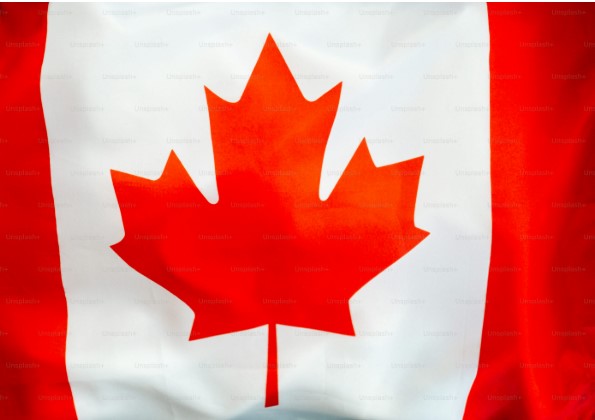The Canadian government has forced flight attendants at Air Canada back to work less than 12 hours after they began strike action, ordering binding arbitration in a dispute that has disrupted the travel plans of more than 100,000 passengers at the height of the summer holiday season.
Canada’s largest airline and the Canadian Union of Public Employees (CUPE), which represents cabin crew, have been in talks since March over pay and conditions. The union has described current pay as “poverty wages” and condemned the practice of unpaid labour, noting that attendants receive no compensation before take-off or after landing.
On Saturday, the federal employment minister, Patty Hajdu, said negotiations had reached an impasse, with the disruption already being felt across the country and abroad. “The talks broke down,” she told reporters. “It is clear that the parties are not any closer to resolving some of the key issues that remain and they will need help with the arbitrator.”
Hajdu invoked rarely used powers under the Canada Labour Code, which allow the minister to end industrial action unilaterally in order to “maintain or secure industrial peace”. The clause has been employed several times by the Liberal government over the past year to end strikes at ports, the postal service and railway companies, prompting warnings from labour analysts that it risks undermining workers’ rights.
She defended the move, citing the economic strain caused by US tariff increases. “In a year in which Canadian families and businesses have already experienced too much disruption and uncertainty, this is not the time to add additional challenges and disruptions to their lives and our economy,” she said in a statement.
CUPE condemned the government’s swift intervention, accusing ministers of siding with Air Canada. “They are giving the company exactly what they want, hours and hours of unpaid labour from underpaid flight attendants, while the company pulls in sky-high profits and extraordinary executive compensation,” said Wesley Lesosky of the union.
Flight attendants walked out in the early hours of Saturday after issuing a strike notice earlier in the week. At the same time, Air Canada announced plans to lock staff out of airports. By Saturday afternoon, the airline had cancelled 671 flights, according to the aviation analytics firm Cirium. With the carrier operating roughly 700 flights a day, around 130,000 passengers could be affected daily. Many were left stranded overseas or forced to make alternative arrangements.
The airline said it expected to restart services on Sunday evening but warned that cancellations would continue for seven to 10 days as schedules stabilised.
Canada air offers increase
Air Canada said it had offered cabin crew “an increase of more than 38% on global compensation” and pledged to pay 50% of wages for work carried out before take-off. The union rejected the proposal, arguing that the offer did not keep pace with inflation and that staff should be fully paid for all hours worked.
The dispute has also raised questions over gender equity. Around 70% of Air Canada’s cabin crew are women, compared with a male-dominated pilot workforce that received a substantial pay rise last year.
“We are heartbroken for our passengers,” said Natasha Stea, a local union president and flight attendant. “Nobody wants to see Canadians stranded or anxious about their travel plans, but we cannot work for free.”



